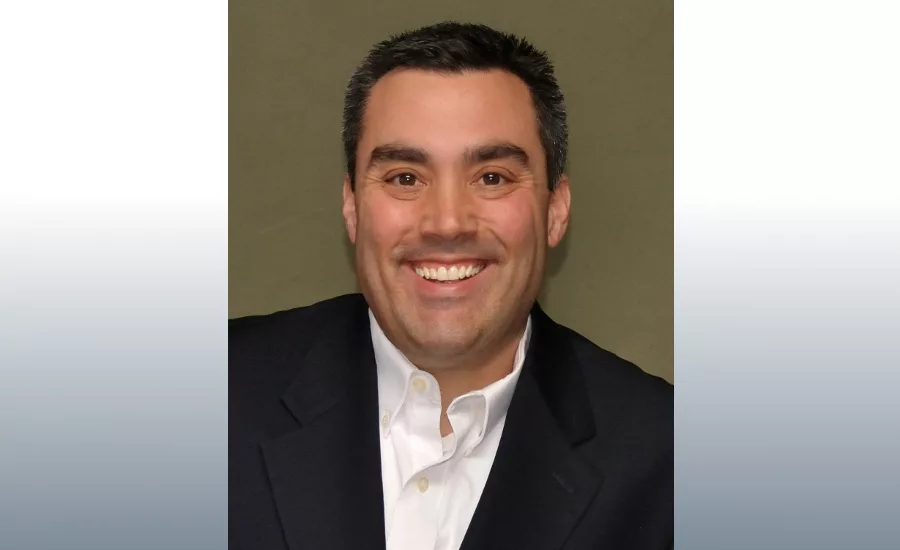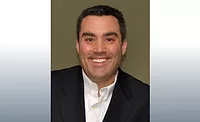IRE Seminar: Tips for Managing the Sales Process in Residential Roofing
Properly Navigating the Sales Experience Increases the Perception of Value and theAbility to Close the Deal

When I work with salespeople, there’s always someone who asks me to identify the most challenging stage of the sales call. In almost every case, the person who asked is quick to answer their own question — telling me “It’s the close, right?”
As much as they may not want to hear it, the closing stage should actually be the easiest stage — especially if the salesperson has done the job properly. That’s not to suggest the close doesn’t present its share of challenges, but when you properly manage the sales process you help to increase the prospects’ perception of value in you. And this makes it significantly easier to answer the objections you will likely hear when you ask for the sale.
A salespersons’ ability to close the sales and drive higher sales and profits comes down to a few critically-important factors:
1. Differentiate.
Homeowners are desperate to find differences to base their decisions on and if they don’t see any difference with the competition they will almost always focus on the price – because that’s the only real difference they see.
The ability to differentiate is the critical difference between “telling” the prospect how great you are and using the sales process to “show” them what greatness looks like. Now, rather that speaking in platitudes, the salesperson sets a standard and reshapes the prospects’ buying criteria around those standards.
2. Follow a Sales Process.
When I teach the sales process, it’s not because I’m trying to control the salesperson or force them to follow a rigid system. The purpose of the training is to help them better understand the conditions that put them in the best position for sales success.
Recognizing the low level of trust that consumers have in roofing contractors, would it be reasonable to assume that you could walk into their home — from a cold start — and ask them to sign the contract? The answer is obviously, “no”. This is why the first [opening] stage focuses on developing rapport and trust with the prospect. We do this because we need them to be less guarded when we start asking them questions during the second [needs development] stage of the process. Once we have a firm understanding of the clients’ wants, fears, needs, and concerns we then use the third [company story] stage to position ourselves as the contractor who’s in the best position to give them exactly what it is they want. We then ask a “commitment question” to measure the prospect’s acceptance of us, and then move to the fourth [product presentation] stage to help them design their new roof. Upon completion of the product presentation, we ask another commitment question, offer our proposal and ask for the sale.
This process should be very organic and not feel like it forces the sales person or prospect to do anything more than participate in a conversation.
3. Take Out The Head Trash.
I define “head trash” as the thought patterns and emotional tendencies that hinder a salesperson’s ability to respond to business issues in a productive and professional way.
It’s important to mention that we all have head trash that challenges our sales effectiveness, but it’s the way we process those thought patterns that will make us a rainmaker or find us waddling amongst the status quo.
IRE Session TH04
Title: Sales Dynamics for Residential Contractors
Speaker: John DeRosa, Director of Contractor Training for SRS Distribution
Date: Thursday, March 2 from 7:45 - 9:15 a.m.
Room: South Pacific C
You can easily spot those who struggle with their head garbage as they’re the ones who are quick and proud to say “I don’t want to be seen as a sales person,” or “I’m not a typical sales person.” Because they have a negative perception of selling, they won’t do the things that salespeople need to do to be successful. This includes asking for the sales, being prepared to answer objections, planning out their sales presentation, and knowing what questions they will ask when they meet the prospect. In other words, they resolve to do the things that are the most comfortable as opposed to doing the things that are most profitable.
Sales reps need to come to terms with the head trash that challenges their ability to help the prospect enjoy the benefits of choosing them for the project.
4. Personal Accountability.
Salespeople must recognize that their outcomes have little to do with the customer, their company, or their competition and everything to do with them. Their ability to learn from and build upon every sales interaction will put them in the best position to maximize their sales opportunities.
How often do we debrief during a round of golf? At the conclusion of every swing of the club we’re evaluating the outcome and deciding what it is we’re going to do to either repeat or improve the outcome on the next swing. Imagine what would happen if we debriefed after every sales call the same way we do after every golf swing?
One of my favorite sales quotes reads, “Successful salespeople have a habit of doing the same things over and over again, so do unsuccessful salespeople. The difference is what they do.” It’s my belief that the most successful salespeople have a habit or constantly looking for results and they leverage the sales process to help them differentiate and achieve those results. Unsuccessful salespeople have a habit of allowing their head trash to help them look for the reasons they don’t have the same results as the successful salespeople. Happy selling…
Looking for a reprint of this article?
From high-res PDFs to custom plaques, order your copy today!







